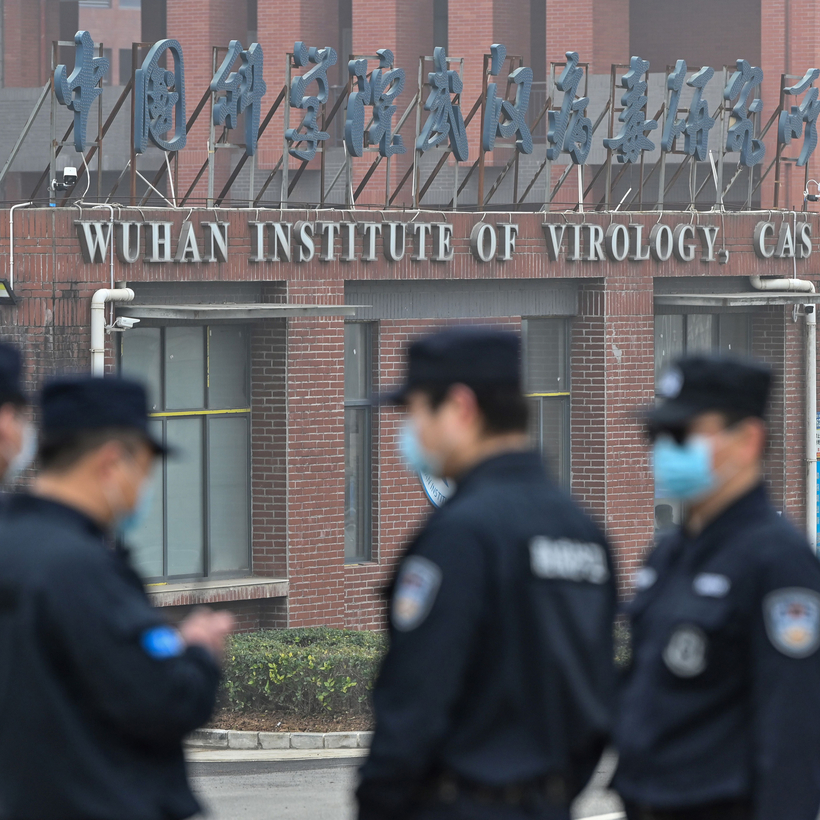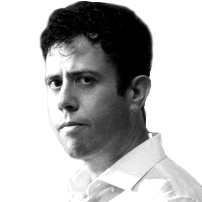Until very recently, even speculating that the coronavirus pandemic might have resulted from an accidental lab leak was liable to get one tagged as a conspiracy theorist by influential figures in politics, media, and the global public-health bureaucracy.
PolitiFact designated stories furthering the theory as falsehoods, while Facebook simply removed any offending posts. “Someday we will stop talking about the lab leak theory and maybe even admit its racist roots,” New York Times science correspondent Apoorva Mandavilli tweeted as late as May 26. “But alas, that day is not yet here.”


